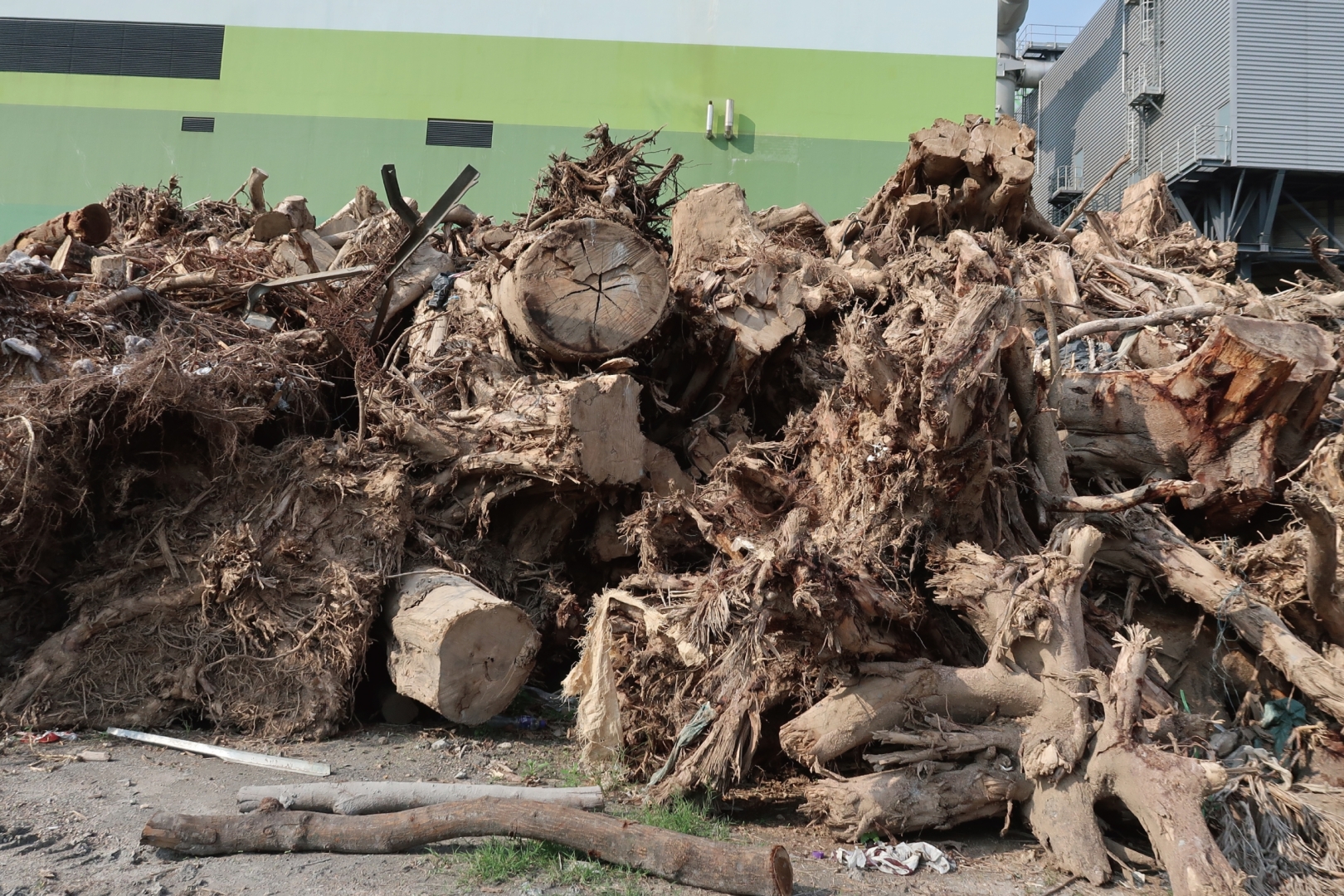Yard Waste
Yard waste, also known as green waste or garden waste, refers to plant-based waste from garden maintenance, horticultural activities, collapse due to severe weather, or natural leaf fall. It primarily originates from government departments, commercial institutions, and private residential garden maintenance, and includes grass clippings, leaves, pruned bushes and shrubs, weeds, branches, tree trunks, seasonal plants such as Christmas trees and peach blossoms, potted plants, and cut flowers. Through effective recycling and treatment methods, yard waste not only reduces the environmental burden but is also transformed into useful resources, supporting sustainable development practices.



